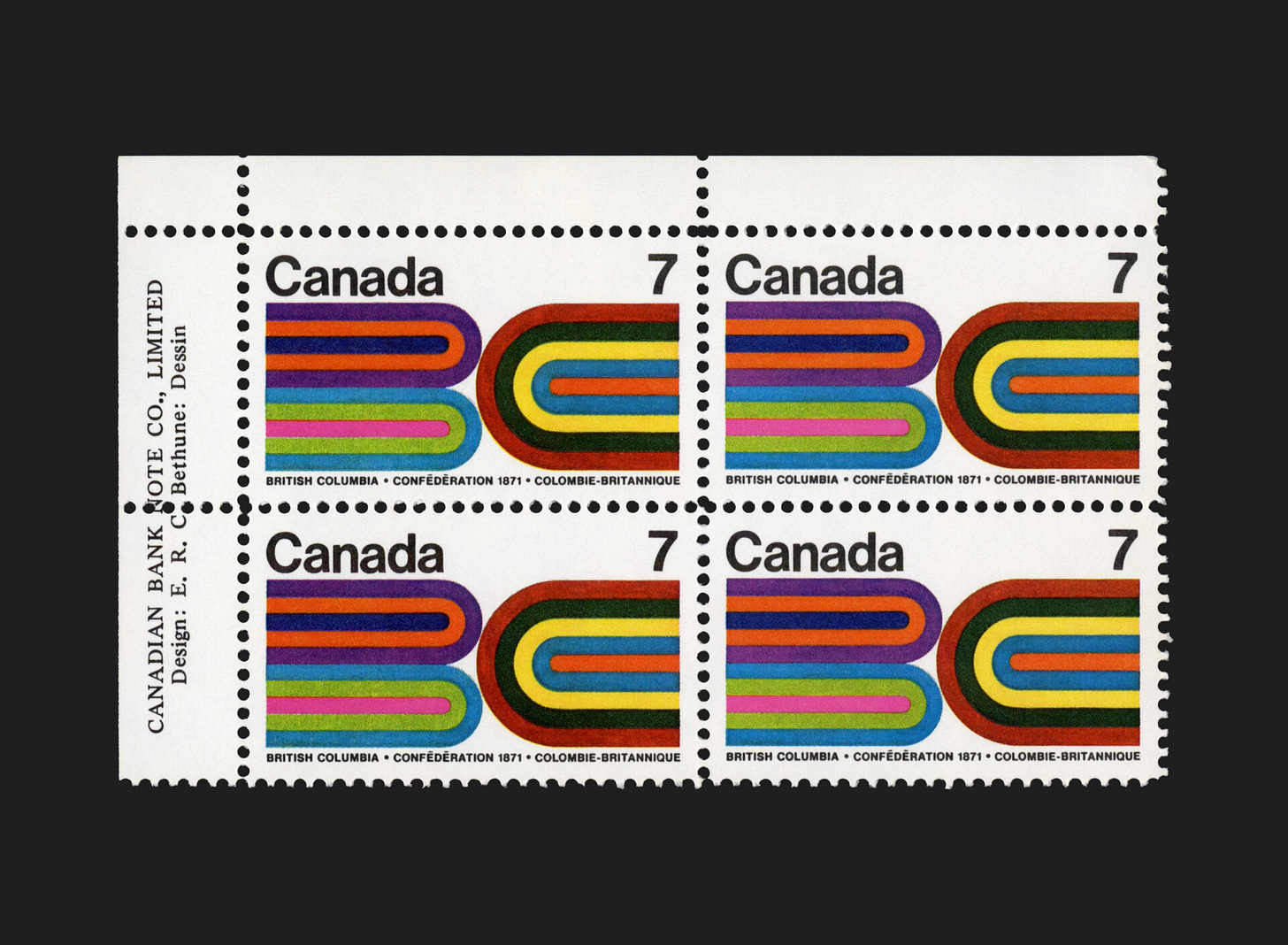
Those who know me know that I am eager to take on improvements (I recognize that these are subjective) when the opportunities arise. It’s a blessing and a curse, and achieving and more balanced approach is something I try to work on every day. It’s easy to unknowingly make assumptions about what others care about, why they approach a problem the way they too, or their intentions.
In the past, I’ve had a conflict with a public servant, where I thought we were discussing the value of co-design, critiques, and user feedback, but left the conversation extremely frustrated that I could not have a conversation with a higher-up providing feedback to better understand the nature of the feedback so that I could improve the design. Today, I know that I was lacking empathy for them.
In an effort to better understand the context in which public servants work, this week I read The Public Servant’s Guide to Government in Canada. (I’ve also been regretting how little information I retained from social studies classes about how our federal and provincial government works 😬.)
These passages gave me the insight I needed:
It is not up to public servants to decide policy or to comment publicly on it; in a parliamentary system of government, that is the role of ministers. Instead, public servants must follow what is known as the public service bargain. (p. 5)
[…]
Public servants are well-advised to follow two prominent guideposts:
offer fearless advice to your superiors, and
loyally implement your superiors’ lawful directives. (p. 29)
And for those of us who, like me, have at times been puzzled by what we interpret as a unwillingness to innovate for the public good innovation is in fact ignorance on our part regarding public servants’ important and distinct role:
The centralization of power in government is clear, as is the authority of the partisan politicians in cabinet. Agendas are set and policy directives are issued from the centre of each government, and within the centre of each ministry, limiting the ability of rank-and-file public servants to define broad concepts like the public good. (p. 70)


